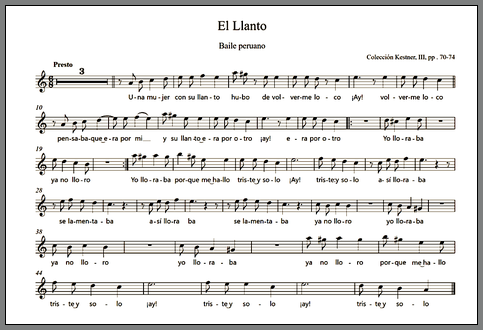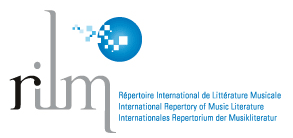To dance or not to dance for the country: the paradox of (in)decent dances at the dawn of the Republic (Peru, 1825-1860)
Keywords:
Peruvian music of the 19th century, Sesquialtera dances, Kestner Collection, Peruvian dances, South American dancesAbstract
Carlos Vega and Isabel Aretz carefully studied the Peruvian origin of some dances from the time of Independence and that survived in Argentine territory in the first half of the 20th century such as El Cuándo, El Chocolate, El Mismis and La Mariquita. However, very little is known about examples and uses of these dances in Peruvian territory. The boom that these dances experienced among the elites of the Peruvian viceroyalty and that later motivated their fast displacement towards neighboring countries speaks of preferences for certain repertoires with certain textual, sound, and choreographic characteristics that positioned them as sound representations of Americanity and therefore carriers of meaning around the construction of alternative identities to the Hispanic one. However, within a period of thirty years, such dances gave way to others of European or national origin and lost preponderance in Lima’s salons as they were considered incompatible with the notions of decency and modernity to which the ruling classes of the young republic they wanted to join. Through the study of musical examples from the Kestner collection of the Hannover Library and primary sources of the time, this work seeks to establish links between these dances and the discourses and imaginaries associated with their permanence and oblivion in Peruvian society of the first half of the tenth century.

Additional Files
Published
Issue
Section
License
Copyright (c) 2023 Revista Argentina de Musicología

This work is licensed under a Creative Commons Attribution-NonCommercial 4.0 International License.
ATTRIBUTION-NONCOMMERCIAL 4.0 INTERNATIONAL
https://creativecommons.org/licenses/by-nc/4.0/
You are free to:
- Share — copy and redistribute the material in any medium or format
- Adapt — remix, transform, and build upon the material
- The licensor cannot revoke these freedoms as long as you follow the license terms.
Under the following terms:
- Attribution — You must give appropriate credit , provide a link to the license, and indicate if changes were made . You may do so in any reasonable manner, but not in any way that suggests the licensor endorses you or your use.
- NonCommercial — You may not use the material for commercial purposes .
- No additional restrictions — You may not apply legal terms or technological measures that legally restrict others from doing anything the license permits.
Notices:
You do not have to comply with the license for elements of the material in the public domain or where your use is permitted by an applicable exception or limitation .
No warranties are given. The license may not give you all of the permissions necessary for your intended use. For example, other rights such as publicity, privacy, or moral rightsmay limit how you use the material.






